"When the people saw the sign he had done, they said, 'This is truly the prophet, the one who is to come into the world.'" (Jn 6: 14). Jesus did many signs (miracles) revealing his identity as a divine person, the incarnate one, the God-man who came to save the world. The sign or miracle Jesus performed in the sixth chapter of St. John's Gospel points to the miracle of the Mass. Jesus' miraculous feeding of the crowd gathered around him across the sea of Galilee allows us to reflect at length in the next couple of weeks on the mystery of Mass, the theme of the recently concluded VBS. When we look back at events last week, in addition to the VBS, the National Eucharistic Congress also comes to mind. I have spent hours watching YouTube videos of the array of spiritual talks and liturgical celebrations offered at the Congress, and I am inspired to dwell more on the meaning and significance of the medley of mysteries that make up the celebration of the Eucharist.
The significant spiritual bouquets presented at the National Eucharistic Congress demand our response. Our response will be a four-week liturgical and biblical walk through the mystery of Mass. We will look into the Introductory Rite this Sunday. We respond to the summon of the Lord by leaving our homes to come into his presence this Sunday. We begin with the Introductory Rites, which consist of an entrance chant, greetings, penitential act, Gloria, and the collect. What is the origin of these components of Mass? What is their significance in offering the right worship to God? How may we participate in them as the Church intends so that they impact our lives profitably? Let's dig into these sacred mysteries in the remainder of my homily.
We shall resume our teachings on the mystery of the mass series two weeks from now because next week is mission Sunday. Fr. John Baptist Opargiw, MCCJ from Uganda, will preach a mission for the Comboni Missionaries. Hosting Fr. Opargiw is our parish participation in the Diocesan Missionary Cooperative Plan. I strongly encourage us to be welcoming and generous. I did something similar in the Archdiocese of Chicago two weeks ago, and the parishioners at St. Francis Xavier, La Grange, warmly welcomed me.
Looking further into this current week, we have attractive spiritual offerings. You will notice that each day of this week marks the celebration of a saint. In addition to celebrating the memory of a saint from Monday to Saturday, this Friday and Saturday are devotional days of First Fridays and First Saturdays, respectively.
I look forward to an increase in daily mass attendees this week. If God provides or frees up our time to attend mass daily, we should return God's favor by attending cheerfully.
Have a happy Word Day for Grandparents and the Elderly.
In the Heart of Christ,
Fr. Bernard Alayode, OP





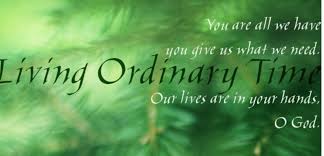

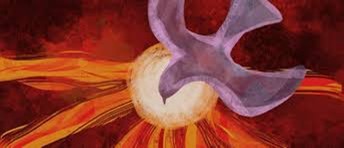
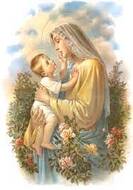

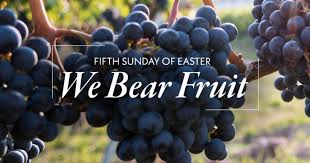
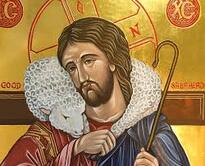
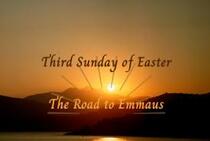
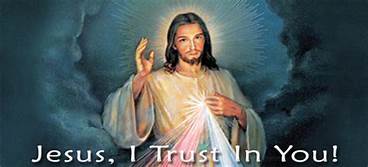
 RSS Feed
RSS Feed